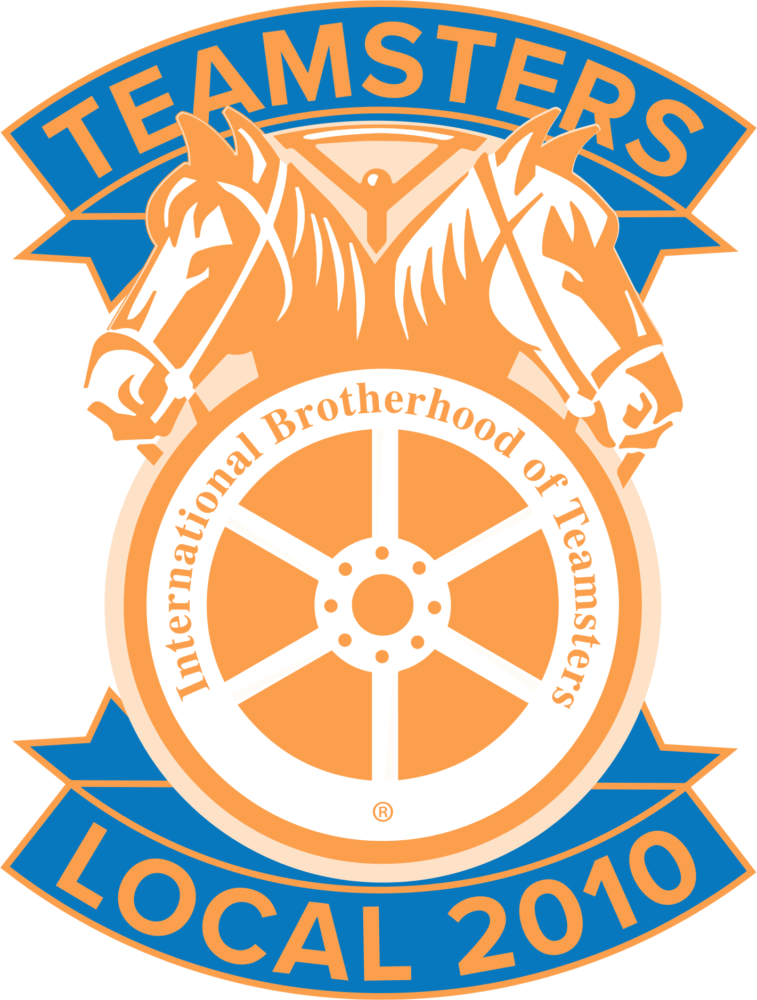ARTICLE 23
Overtime/Compensatory Time Off
23.1 Overtime is defined as authorized time worked in excess of forty (40) hours in the designated workweek.
23.2 Overtime shall be compensated in cash, or be credited as Compensatory Time Off (CTO) hours to be used at a future date in accordance with this Article, at one and a half (11⁄2) times the employee’s regular hourly rate of pay for overtime hours worked during the respective workweek period. Pursuant to Fair Labor Standards Act (FLSA) regulations and for the purposes of calculating overtime compensation, the regular hourly rate of pay shall be determined by incorporating the employee’s base rate and other includable compensation earned during the respective workweek period. Such includable compensation includes but shall not be limited to shift, asbestos, and other pay differentials (if any), stipends and other items required by the FLSA to be included in the employee’s regular rate of pay used for the purpose of calculating the overtime rate.
23.3 All overtime hours worked shall be compensated by cash or compensatory time off (CTO) as determined by the appropriate administrator. When making the determination as to whether to compensate by way of cash or CTO, the appropriate administrator shall consider the business needs of the department/division including, but not limited to, budgetary factors. Administrative discretion should not be exercised on an arbitrary or capricious basis, or in any way that would constitute a breach of Article 6 (Non- Discrimination). Any allegations of discriminatory conduct pursuant to Article 6 shall be exclusively dealt with under the provisions of that Article. Such determination shall be made prior to the time an employee is requested to work overtime, if practicable. All overtime worked beyond the accrual of two hundred and forty (240) hours of compensatory time off shall be paid in cash.
Compensatory Time Off – Scheduling
23.4 Employee requests to use accrued CTO shall be dealt with in accordance with Article 16 (2)(f) (Vacation Scheduling).
23.5 Overtime for which cash compensation will be paid should be scheduled for payment in the pay period following the pay period in which the overtime was worked.
23.6 Paid holiday, paid sick leave, paid vacation and paid CTO, when used, shall be counted as time worked for purposes of this Article.
23.7 Nothing contained in this Agreement shall be interpreted as requiring a duplication or a pyramiding of holiday, vacation, daily, or weekly overtime payments involving the same hours of work.
23.8 When an employee is separated from service, he/she is entitled to a lump-sum payment for any earned compensatory time off by reason of previous overtime worked.
23.9 Employees working call-back or overtime are not eligible for mileage.
23.10 The Director of Plant Operations or the appropriate administrator shall endeavor to equalize overtime work among all employees who have expressed interest in overtime work by placing their names on an overtime list. In making each overtime assignment, the Director of Plant Operations or the appropriate administrator shall consider those employees on the overtime list who are qualified and appropriately classified for assignment.
23.11 In an “Emergency”, as defined in Provision 2.11, or when there are an insufficient number of qualified employees desiring to work overtime, employees may not decline overtime assignments.
23.12 When an appropriate administrator calls an employee during his/her non-scheduled work time to perform work which can be performed by phone or computer and the employee performs the work offsite, the employee will be paid for all time worked. The time reported must be rounded up to the nearest half-hour. The call-back provision will not apply. The hour(s) and/or partial hour(s) worked shall count as hours worked for purpose of this Article.
23.13 Call-back is work performed at a time outside of and not continuous with an employee’s regular work schedule. An employee called back to work shall be credited with a minimum of four (4) hours work time provided that either (a) employee has been called back to work without having been notified prior to completion of the work shift or (b) the employee is notified prior to the completion of the work shift and the call-back work begins more than three (3) hours after the completion of the work shift.
23.14 An employee may be called back to work at the discretion of the appropriate administrator. In an “Emergency”, as defined in Provision 2.11, the employee who is called back to work shall be required to perform the work. When an employee is called back to work, only the hours worked shall be counted as time worked for purposes of computing overtime. The hours not worked, but credited, shall be at the straight-time rate.
